Dana Carpenders
Every-Calorie-Counts
Cookbook
500 Great-Tasting, Sugar-Free,
Low-Calorie Recipes
That the Whole Family Will Love
Dana Carpender

Text 2006 by Dana Carpender
First published in the USA in 2006 by
Fair Winds Press, a member of
Quayside Publishing Group
33 Commercial Street
Gloucester, MA 01930
All rights reserved. No part of this book may be reproduced or utilized, in any form or by any means, electronic or mechanical, without prior permission in writing from the publisher.
10 09 08 07 06 2 3 4
ISBN 1-59233-197-1
Digital edition: 978-1-61058-108-0
Hardcover edition: 978-1-59233-197-0
Library of Congress Cataloging-in-Publication Data
Carpender, Dana.
The every calorie counts cookbook : 500 great-tasting, sugar-free, low-calorie recipes that the whole family will love / Dana Carpender.
p. cm.
Includes index.
ISBN 1-59233-197-1
1. Low-calorie diet--Recipes. 2. Sugar-free diet--Recipes. 3. Quick and easy cookery. I.
Title.
RM222.2.C3243 2006
641.5635--dc22
2005036739
Cover design by Mary Ann Smith
Book design by Leslie Haimes
Printed and bound in Canada
The information in this book is for educational purposes only. It is not intended to replace the advice of a physician or medical practitioner. Please see your health care provider before beginning any new health program.
For John, Liz, Henry, and Halliday.
But especially for Liz, who shares my interest in all things health-oriented.
Contents

 Introduction
IntroductionWhat Is the Every-Calorie-Counts Philosophy?
Its not a big secret that Im a low-carber. Ive written six low-carb cookbooks. I started my writing career with How I Gave Up My Low-Fat Diet and Lost 40 Pounds, about my shift from a low-fat diet, high in whole grains and beanswhich made me fat, tired, and miserableto a low-carb diet, on which I thrived and continue to thrive.
So why the cookbook with a focus on calories? Have I changed my mind? Sold out?
Neither.
I still eat low-carb, and indeed, I expect to eat low-carb for the rest of my life. And if you are doing well and are happy with a low-carb diet, I would urge you to continue eating that way for the rest of your life, too. Why mess with success? Youll find plenty of recipes in this book that will support you in your low-carb lifestyle.
As the fact that the quantity and quality of carbohydrates we eat (or dont eat) has a vast impact on health, energy, and weight has sunk into the public consciousness, a vast array of permutations has arisen. Its not a case anymore of Im on Atkins, or Im on South Beachthere are nearly as many variations of carb control as there are people who are paying attention to their carb intake. Some people continue to strictly keep their carb grams under a particular number every day. Others, especially those who dont have serious symptoms of genetic carbohydrate intolerance, are simply increasing their protein and avoiding the worst of the sugary and starchy junk. There are unlimited gradations in between.
Also, many people who have found that they feel better on a low-carbohydrate diet find that they also need to keep an eye on calories to lose weight. My email tells me that this is particularly true for women approaching menopause.
With this book, I hope to serve the larger community of people who limit carbohydrates while also keeping an eye on calories.
But theres one other purpose: To assure that everything you eat serves your health. Too often we get focused simply on carbohydrates or calories, and we forget that the most important function of food is to nourish our bodiesto supply not only protein, fats, and carbohydrates, but also vitamins, minerals, and other micronutrients that are essential for both physical and mental health.
I have often seen dieticians make excuses for including empty, valueless foods in our diets. You need a little junk food to be happy! theyll say. So long as 80 percent of what you eat is good for you, its okay if the other 20 percent is cookies and chips.
I couldnt disagree more. I wouldnt fill 20 percent of my cars gas tank with water. I wouldnt be happy if 20 percent of my investments showed no return. I wouldnt buy a ten-room house and simply close off two rooms. I wouldnt hire eight great employees and two good-looking and charming incompetents.
I want everything I put in my mouth, and everything you put in your mouth, to be as nourishing and hunger-satisfying as it is delicious, so that Every Calorie Counts. Hows that for a great way to live?
A Tale of Two Diet Myths
Lets talk a little more about carbs versus calories.
Surely you know that there are two main schools of thought regarding weight loss and maintenance: Calorie theory and carbohydrate theory. Calorie theory says it all boils down to calories in versus calories out, and you just have to eat fewer calories than you burn to lose weight. Carbohydrate theory says that limiting carbs alone will result in weight loss. Both of these theories have merit, but both also come with common misconceptions. It is the aim of this cookbook to take what is useful from both of these theories while debunking the useless myths built up around them. So lets look at them one at a time.
Calorie Theory
What is a calorie, anyway? A calorie is a measurement of fuel, of food energy. Just as we buy energy for our cars by the gallon, we buy energy for our bodies by the calorie. (By the way, this means that when ads says a food is full of energy they really mean its full of calories.) The most prevalent theory of weight gain and loss has long been that if you eat more calories than you burn, youll gain weight, and if you eat fewer calories than you burn, youll lose it. Since there are 3,500 calories in a pound of fat, weve been told that for every pound of fat we want to lose, we need to eat 3,500 fewer calories than we burn.
This appears to be roughly true. If people restrict their calorie intake sufficiently and exercise more, thus burning more calories, many of them will indeed lose weight. But there are problems with calorie theory.
The worst problem with reducing calories is that it usually makes people hungry. Since whatever you do to lose weight is what you must do for the rest of your life to keep it offyou know, that whole lifestyle change thingthis is a huge stumbling block. I know very few people who are willing to feel hungry for the rest of their lives. This simple fact alone is responsible for the failure of millions of low-calorie dieters.
Also, it has been assumed for a long time that a calorie is a calorie is a caloriethat for weight-loss purposes (but not health purposes, of course) 500 calories of cake and 500 calories of steak are equal. But is this true?
Calorie counts are largely determined by the 4-9-4 rule. This food industry formula is based on the idea that proteins have 4 calories per gram, fats have 9 calories per gram, and carbohydrates have 4 calories per gram. The protein, fat, water, and ash (mineral) content of a food is determined by testing; the rest is assumed to be carbohydrates. Then they multiply the grams of protein by 4, the grams of fat by 9, the grams of carbohydrate by 4, and add em up.


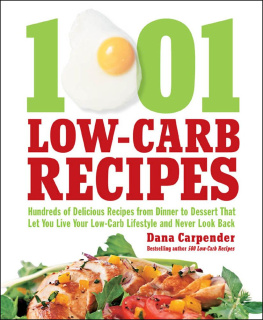
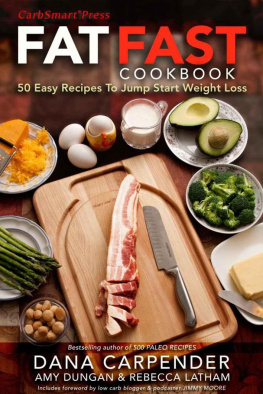
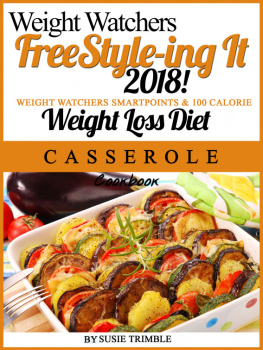
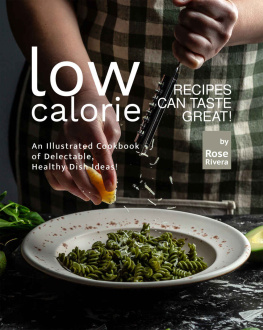
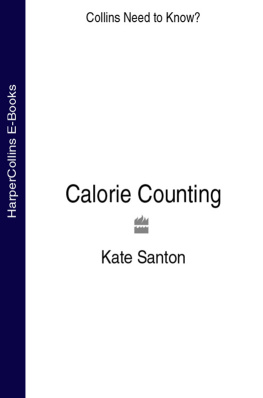
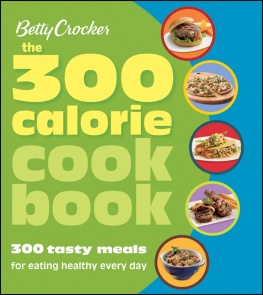
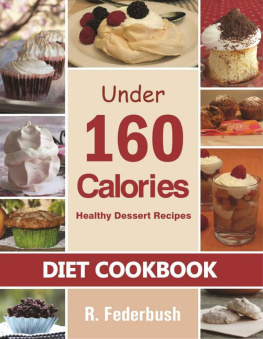
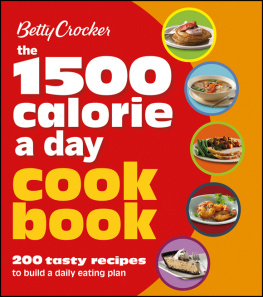
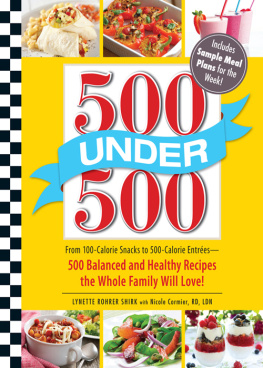


 Introduction
Introduction